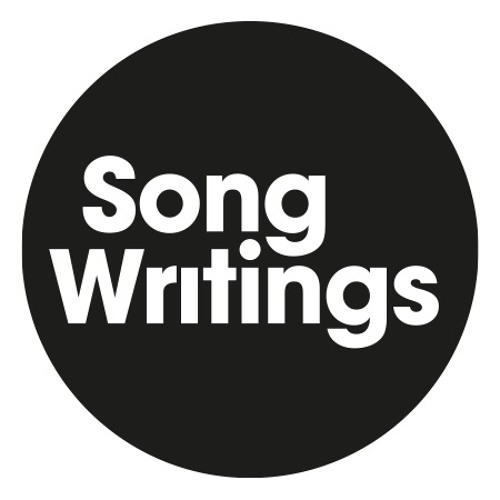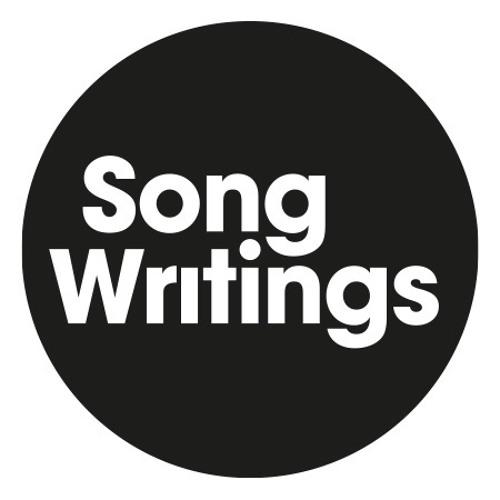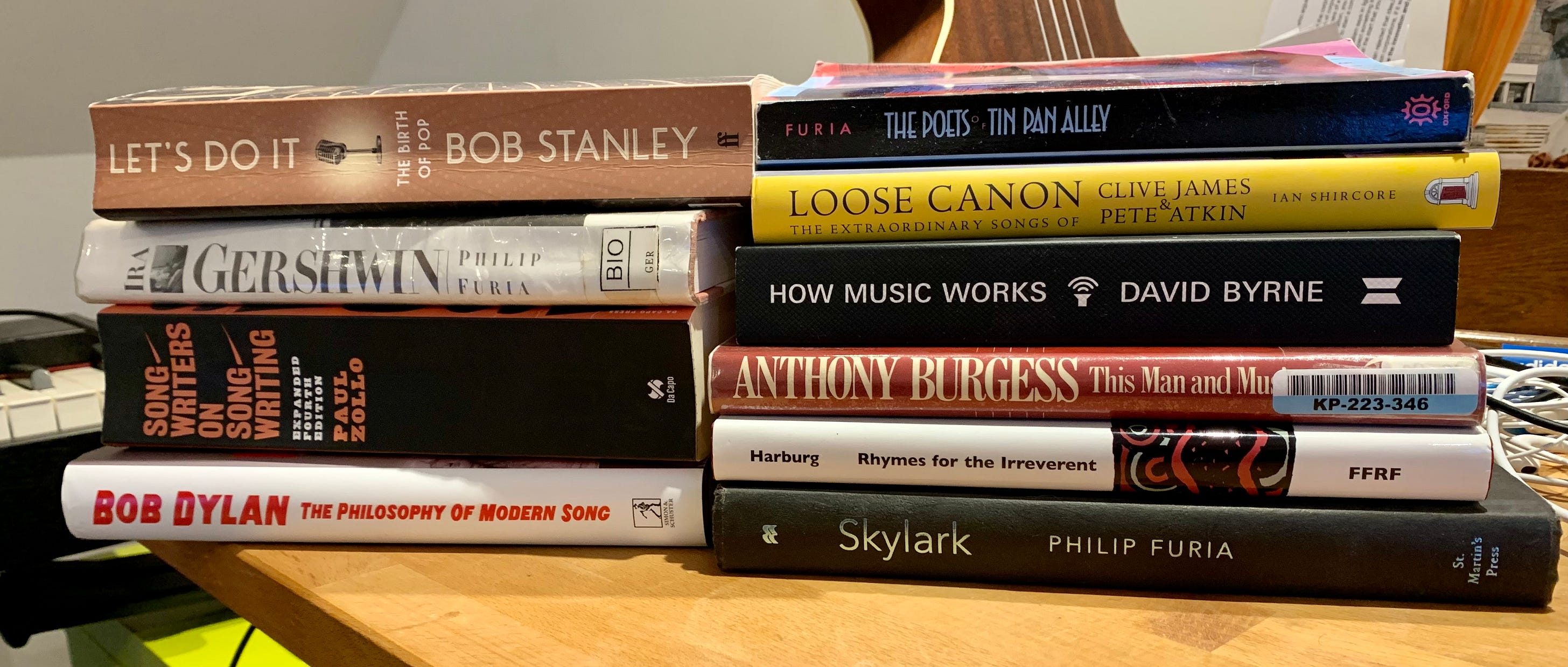A wander through Cloud Cuckoo LandOn multiverses, panpsychism, didactic songs, intended meaning, Dumbo's dream, key changes, self-directed learning, a Tin Pan Alley reading list, and the value of meandering.SONG
WRITINGSFor anyone new here, Songwritings is a conversation between Kate van der Borgh (copywriter, D&AD Masterclass trainer, singer, musician) and Nick Asbury (copywriter, poet, Perpetual Disappointments Diarist, with a side interest in Tin Pan Alley songwriting). We write about music and share our own collaborations. NICK This one started in the mundane way I’ve mentioned before: strumming a guitar while scrolling through a list of English idioms and using them as a prompt for a title. That led me to ‘Cloud Cuckoo Land’ and then I can’t quite remember in what order the lyrics came out. I liked the way the first two verses sounded naturally conversational, but with rhymes in all the right places. And then I remember getting to the bridge, pondering what rhymed with universe, and deciding to ‘go there’ with multiverse, where it all gets a bit cosmic. In the end, I think of it as a children’s song about panpsychism—the philosophical idea that reality emerges from consciousness, rather than the other way round. And if that’s the case, you’d think we could use our consciousnesses to imagine a better world into being. So the last verse is a gentle rallying cry to make that happen, with ‘reality is imaginary’ as the key line. All this unfolds in a standard Tin Pan Alley structure, but with slightly less Tin Pan Alley subject matter (although there was a strain of idealistic songs in that era, including Yip Harburg’s Over The Rainbow and Nat King’s Cole Nature Boy—gifted to him in 1947 by a mysterious homeless Californian called eden ahbez, who was eventually tracked down by the national press when the song became an unexpected hit. He was found sleeping rough under the Hollywood sign—it’s quite a story.) Anyway, that’s what I sent over to you, complete with a nod towards glockenspiel / xylophone (can never remember which is which). As usual, you took my naive starting point and turned into something more interesting and surreal. KATE One thing that struck me with your original material is that this seems very much a didactic song (like Nature Boy, with its instruction to ‘love and be loved in return’). Is this something you ever think about when writing lyrics? Or when you’re writing poems? How much is about influencing people, and how much is about simply expressing your own thoughts for your own sake? And how do you feel about the idea that people might take something other than you intend from your work? I’ve been in a creative writing group since 2020, where several of us share snippets of our fiction projects, and it’s sometimes surprising how far removed an audience’s reaction is from a writer’s expectation… NICK So there’s a tongue-in-cheekness to it, but it’s also sincere in the sense that I would stand by the message. I see it as a defence of naivety, or a defence of the idea that better worlds are possible, but we have to be get there via imagination. I discovered afterwards that ‘cloud cuckoo land’ is a phrase that goes back to Aristophanes and his play The Birds. It refers to a city in the clouds that exists somewhere between humanity and the gods, and has come to symbolise any kind of over-optimistic fantasy. But if panpsychism is true, then we’re all living in cloud cuckoo land in some sense—a world where consciousness is fundamental and exists in all things. (I’m not sure I buy the whole idea, but if anyone is interested then the philosopher Philip Goff is the man to follow.) I like your question about ‘didactic’ art in general—it’s a mode you can definitely shift into, and I did it a lot in Realtime Notes. Equally, other songs / poems might stay in the lyrical mode (expressing emotion more than a message) or the narrative mode (telling a story but leaving the message open). But in 99% of cases, I feel like I’m thinking about the form / sound / mood, and the rhymes lead you in certain directions—before you know it, you’ve written a didactic song. I *definitely* don’t mind people taking something from the work other than the intended message, because I’m not usually sure what the intended message is, or at least only in retrospect. When I look back at Realtime Notes, I think the message of certain poems (anti-Brexit etc) is the least interesting thing about them, or the thing that ages fastest. If anything lasts, it’s the sound / shape / music of the poems more than the message. And speaking of the music, we do need to get onto that at some point. When I did my clumsy version, I thought of it as quite a jaunty song—vaguely in the style of Belle and Sebastian. But you took it in a more surreal direction. Sonically, it starts out reminding me of In The Night Garden, but then gets increasingly psychedelic. I’ve been trying to think what the last verse reminds me of—it might be this ‘pink elephants on parade’ scene where Dumbo is absolutely off his head. And the whole thing uses key changes to dramatise that transition from cloud cuckoo land down to ‘this real land’ and back up again in a way that merges the two keys / universes. It’s so well done—I think the whole thing is an amazing piece of craft on your part. And it’s not often you hear key changes used like that—a definite step up from Westlife. KATE The key changes were fun. Did you know that different keys were once thought to have different moods? For instance, D major was the key of triumph, F minor was funereal. Definitions vary, but you can find lists like this all over the place. It’s complicated, though. Hundreds of years ago, instruments were tuned differently to how they are now. So, on a keyboard, the notes were NOT all equally distant from one another. That meant each key really did have a different aural quality to the others, other than merely being higher or lower in pitch. Later, we moved to ‘equal temperament’, where the gaps between notes are the same. So—all of the musical scales have the same ‘shape’, and those certain quirks of tuning are lost. To be fair, I think there was always a degree of nonsense going on—the idea that you could be so specific about what a sound ‘means’. Surely it’s like colours: red can mean love but also danger, green can signify nature or sickness. BUT… orchestration plays a part too. The key of E was considered powerful—and that may be to do with the upper E string on the violin, which has a powerful, strident sound when played ‘open’. The keys of F and G were supposedly ‘pastoral’, possibly because they work well for wind instruments (things like oboe, flute, clarinet, bassoon) but less so for bolshy brass. All of which does mean that it’s not unreasonable to think that keys can have a certain colour. Anyway, I’m being a bit didactic here. And this was all completely irrelevant in terms of the keys I chose! Because the key changes—one key for our initial dreamland, the next key for our ‘real land’—were actually led by the vocals. I started in E flat, to put my voice in a place that felt quite high (without going into ‘head’ voice)—playing into that sing-song, nursery school voice, to go with our Magic Roundabout sound. Then I moved down to C major, to give that impression of feeling ‘low’. Two separate dimensions. Finally, at the end, I mixed the two—a nod to your multiverse idea. I think the instrumentation is the thing that creates the character, though. Interesting that you don’t necessarily mind what people take from your poems. Maybe there’s a degree of panpsychism going on there—the same poem can mean tragedy to one person, glory to another, all at once. We’ve spoken a bit in the past about our schooling—how we both did well at exams but were less sure of how to get things ‘right’ in the world beyond university. Do you think this plays into your thinking about poetry and music? As in: have you made a conscious effort to think that there’s no one ‘right’ way of seeing things? NICK At some point, I’ll have to write something that pulls together all the self-education I’ve been doing, but I’ve spent the last few years down a big, bookish, Tin Pan Alley rabbit hole—starting with Rhymes For The Irreverent by Yip Harburg, then The Poets of Tin Pan Alley by Philip Furia, then Skylark, a biography of Johnny Mercer, also by Philip Furia, and most recently Let’s Do It: The Birth of Pop, by Bob Stanley (plus others pictured). And there are various branches off that, including a brilliant old documentary called Always Chasin’ Rainbows—a history of Tin Pan Alley, made in 1977. It’s weird that it’s taken me this long to discover an interest in the era, given that I have memories of playing some of those songs on the piano as a teenager—things like Ev’ry Time We Say Goodbye and Moon River. But I never paid much attention to the words at the time. So I feel like I’m catching up and trying to build a picture of the era in my head—working out who worked with who, who influenced who, why some songs were considered such breakthroughs, and so on. It’s fascinating how that music dominated the world for so long, but then was mostly swept away by rock ‘n’ roll. Anyway, I love the key change chat. The ‘orchestration’ point makes sense to me—I can see how the mechanics of certain instruments give different keys a different character. It also reminds me of something I’ve just been reading in another book—David Byrne’s How Music Works, where he relates the evolution of pop music to the different physical spaces it has had to occupy, and the different recording technologies that come along—for example, the microphones that allowed the ‘crooners’ to do their intimate, whispering thing, without having to project into a massive concert hall. Going back to the education point, how do you feel about your education specifically in relation to music? Are you glad you pursued it in the way you did? Do you think that interest would have come out anyway, even if your formal education had gone differently? KATE Your question about music and education is interesting. Thinking about junior school and high school, I’m very thankful that I had teachers (and parents) who pushed me from one lesson, one exam to the next. I can’t see how else I would have developed the knowledge I needed for university—and I don’t know whether that’s because I simply wasn’t very self-directed at the time or whether it’s hard for any child to understand that practising every day really will pay off… Now, since I lacked self-direction, there were probably lots of decisions that were made for me instead of by me. For instance, I ended up playing the bassoon not because I had a deep passion for the instrument, but because I was the only child with big enough hands. I just went along with it. And I’ve definitely wondered whether I should have studied something else at uni—whether music was really 'my passion’ or, rather, something I was good at. BUT I came to love the bassoon! I discovered repertoire, played concerts that I wouldn’t have otherwise. I’m also glad that I learned what I learned, because—although I’m no expert—I have a language that helps me to enjoy and speak about music. And although it rarely benefits the day job, it makes me happy. This is the thing about counterfactuals… We imagine worlds in which we were more intentional, made ‘better’ decisions. But maybe it’s an underrated part of life to meander a bit, without chasing your one true passion (which, for many people, may not even exist?). Perhaps that’s how you stumble on interesting things. I know that isn’t a very fashionable thing to say in this age of hustle and hyper-productivity and manifesting our goals—but the reality is, given the chance to explore them, I’d have found any number of subjects fascinating. Frankly, I’d need a multiverse to get through them all. So, maybe this is another situation where there’s no ‘right’ answer. But where does that leave me and Cloud Cuckoo Land?? Can I imagine a world I can’t imagine?? NICK Thanks as ever for reading / listening. Please feel free to like, comment, DM or share—particularly nice to hear from people who are pursuing their own quixotic musical interests. |
A wander through Cloud Cuckoo Land
08:00
0




